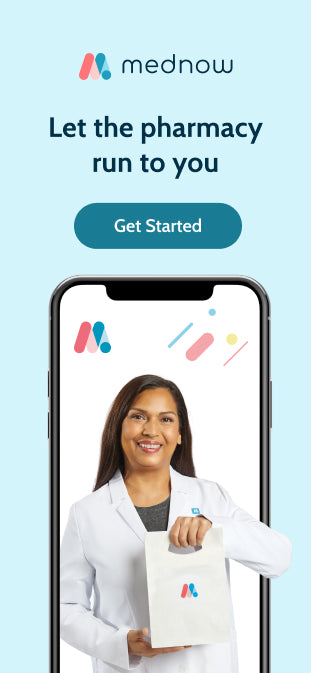The healthcare industry is rapidly evolving, and digital technology is playing a crucial role in this transformation. Over the last 5 years, wearables, remote patient monitoring solutions, and other digital health devices have become increasingly popular, offering patients new ways to monitor and manage their health. One area where we’re seeing significant changes is in the ways digital enabled pharmacies can help patients manage chronic conditions.
The digital tools available today are changing the way pharmacists assist patients with chronic conditions. With wearables like the Dexcom G6 and remote monitoring solutions, pharmacists can offer personalized coaching and monitor blood glucose levels to assist with diabetes management. In the future, digital-enabled pharmacy services will expand to include even more real-time monitoring and intervention.
It is our belief that when combined with new technologies, digital based pharmacies are becoming more convenient, accessible, and ultimately effective for patients managing chronic conditions.
In this blog post, we'll explore why digital-enabled pharmacy is a core pillar in the future of healthcare and how it's changing the way we access and receive pharmaceutical care.
1. More convenient and accessible care
Digital-enabled pharmacy services are designed to make it easier for patients to manage their health and receive the care they need. For example, a virtual pharmacy can offer medication delivery services that allow patients to receive their medications directly at their doorstep without having to leave their homes. This service is particularly beneficial for patients with chronic conditions who may have difficulty accessing physical pharmacies due to mobility issues, transportation challenges, or other barriers.
One of the key advantages is that virtual pharmacies can provide patients with round-the-clock access to care. Patients can connect with pharmacists and receive expert advice without leaving their homes or scheduling a face-to-face appointment. Patients can chat with pharmacists on their mobile phones and get immediate answers to their questions.
2. Personalized healthcare
Another benefit of digital-enabled pharmacy is the ability to provide personalized healthcare. Wearables and digital health devices allow patients to monitor their health in real-time, and pharmacists can use this information to create customized treatment plans that are tailored to each patient's unique needs.’
Pharmacists can use the data collected from the CGM to help patients better understand their condition and provide guidance on making lifestyle changes that can improve their health outcomes. For example, a pharmacist can work with a patient to adjust their diet and exercise routine based on their glucose readings, helping them achieve better blood sugar control. With personalized coaching and education, patients with diabetes can have more control over their health and be better equipped to manage their condition.
3. Improved medication management
Digital-enabled pharmacy services can help improve medication management for patients. Remote patient monitoring solutions can track a patient's medication adherence and alert pharmacists when a patient misses a dose or needs a refill.
This can help ensure that patients stay on track with their medication regimen and avoid any disruptions in their treatment. Additionally, pharmacists can use the data from these monitoring solutions to identify patterns of non-adherence and work with patients to develop strategies to overcome any barriers to adherence. Overall, these services can help improve health outcomes for patients and reduce the risk of complications from chronic conditions.
4. Enhanced patient engagement
Digital-enabled pharmacy services can also enhance patient engagement by providing patients with more control over their healthcare. Patients can access their health records, track their progress, and communicate with pharmacists in real-time, improving their overall experience and satisfaction with their care.
Moreover, digital-enabled pharmacy services can improve patient education by providing patients with access to educational resources and personalized coaching. Patients can learn more about their condition, treatment options, and lifestyle changes that can improve their health outcomes.
Conclusion
Digital-enabled pharmacy is the future of healthcare, offering more convenient, accessible, and personalized care to patients. The rise of wearables, digital health devices, and remote patient monitoring solutions has made it possible for pharmacies to provide virtual services that improve medication management, enhance patient engagement, and improve patient safety. As technology continues to evolve, we can expect to see even more innovative digital-enabled pharmacy services that will further transform the way we access and receive pharmaceutical care. From real-time monitoring to personalized medication regimens, the possibilities are endless. The future of pharmacy is here, and it's only getting better.
Get Started
